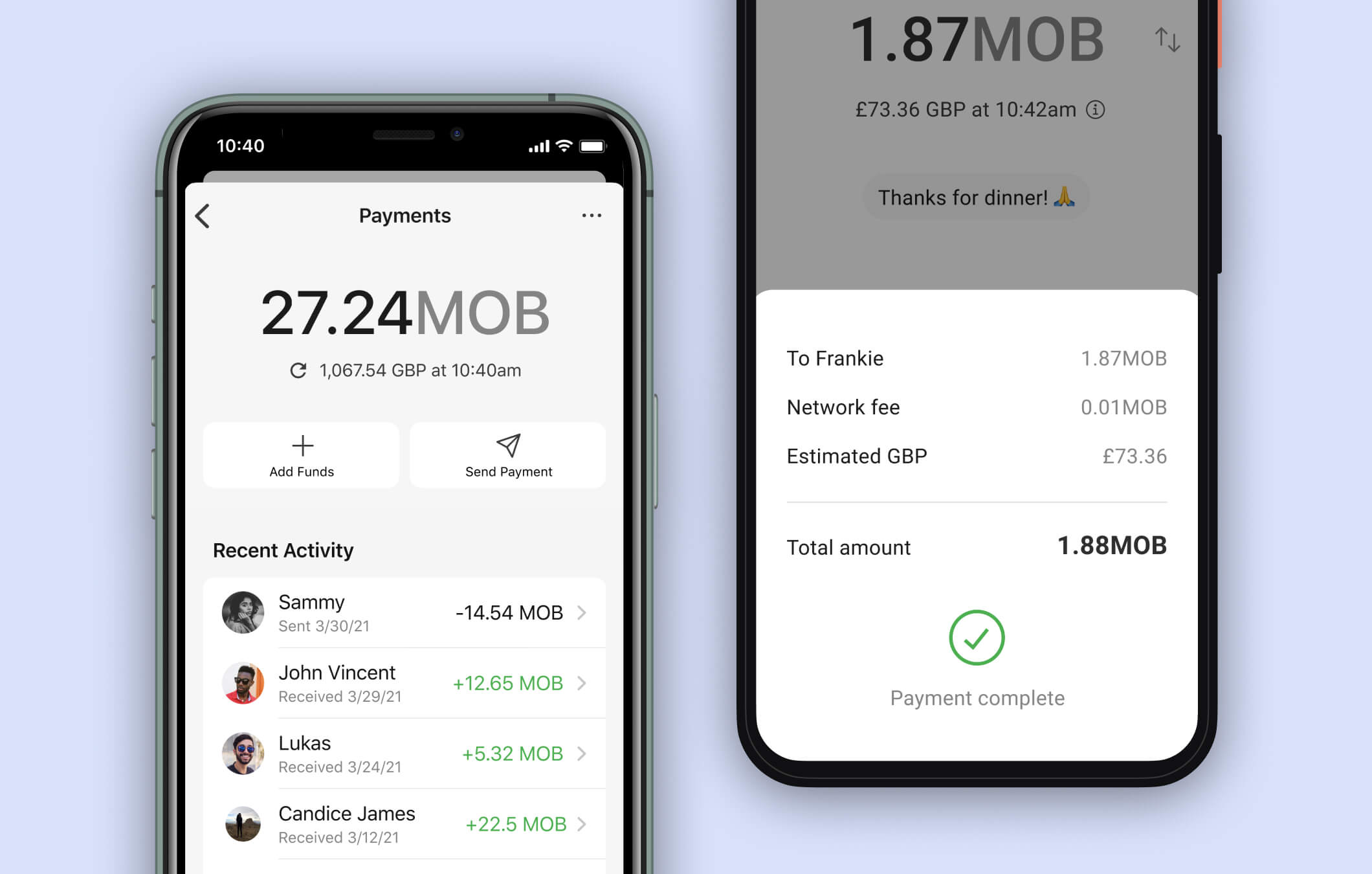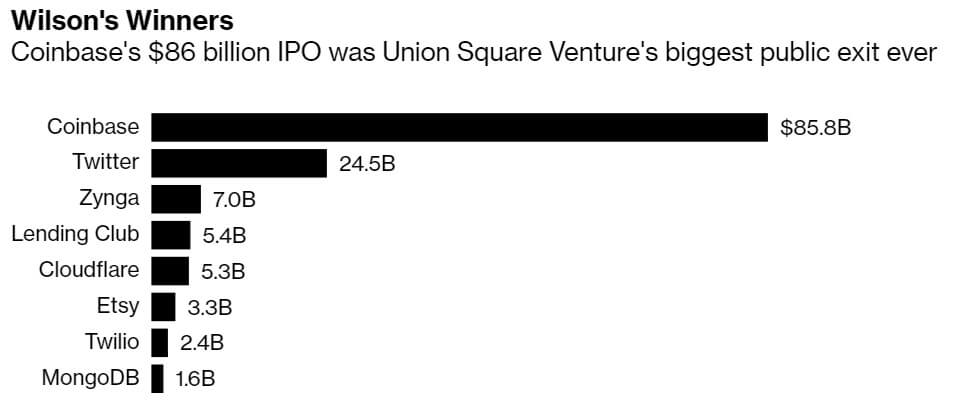2023-2-2 22:30 |
Addressable.io has raised $7.5 million to match crypto wallets to their owners using social media data. According to TechCrunch’s report, the company held a seed round led by Viola Ventures, Fabric Ventures, Mensch Capital Partners, and North Island Ventures.
Deanonymizing Crypto Wallets For Marketing Purposes?According to the report, addressable can identify a crypto wallet to a Twitter account. The company has looked into over 500 million wallets and 100 million social media accounts.
Using this data, Addressable built an algorithm to match the information. The company was founded by Tomer Shatorni, its current CEO, Tomer Shlomo, its current CTO, and Asaf Nadle, the current Chief Scientist.
Addressable wants to remove a crypto wallet’s anonymous features to take marketing to the Web3 sector. The company claims that merchants can unlock a new opportunity by matching users to their crypto wallet and targeting users according to their balance.
This mechanism has the potential to, per the report, increase a company’s marketing return on investment (ROI) by several orders of magnitude. Sharoni told TechCrunch the following:
Addressable.io competes with other Web3 CRM startups including such as Blaze, Cookie3, Kazm and Absolute Labs, that focus mainly on customer reactivation by analyzing and engaging with the company’s existing on-chain user base. (Addressable.io takes a) more holistic and comprehensive approach by unlocking all Web3 on-chain users.
Many projects and founders have been working on privacy solutions in crypto to enhance this feature. In the Ethereum ecosystem, its inventor Vitalik Buterin has discussed the implementation of zero-knowledge proof and similar technology to improve the users’ privacy.
In the Bitcoin ecosystem, miners approved the “Taproot” upgrade to enhance privacy in this blockchain. The crypto industry values privacy as a feature, not a bug, with multiple use cases for journalists, charities, and other groups looking to transact anonymously.
In that sense, Addressable could jeopardize the identity of millions of users by handing it to companies for “marketing purposes” without their consent.
origin »Bitcoin price in Telegram @btc_price_every_hour
Joint Ventures (JOINT) на Currencies.ru
|
|





















